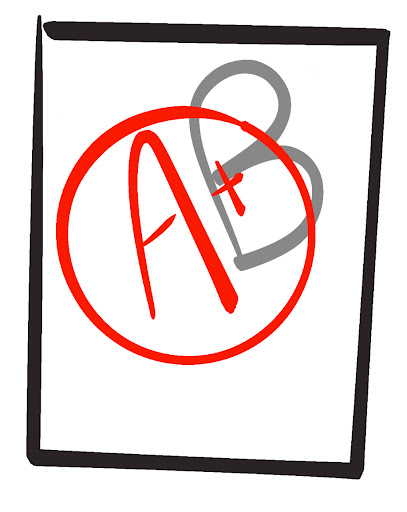Rewriting my inner expectations
How I managed to find the right balance for my personal expectations
November 6, 2022
I like poetry. Maybe it’s the way words flow on paper like waves in the ocean, or the way its rhythm itches my brain the right way, but it’s always been something I’ve enjoyed reading and writing. And while not every piece I’ve written has always made me proud, the ones that did gave me the confidence to enter them into competitions, with one of my pieces even being selected for publication.
Even with that initial success, though, entering my poems in competitions hasn’t always resulted in acceptance. I had high hopes the second time I submitted a poem to a competition, but when I ended up being turned down, I found myself sadder than I’d expected to be. I’d known the chances were low, so why was I so hurt?
My inner expectations, however nonsensical they may seem — after all, expecting to get accepted into something with an acceptance rate of about 1% seems quite far-fetched — caused me to feel incredibly disappointed. It seemed like I had failed myself, even though deep down, I knew that I had tried my best.
High expectations have been a constant in my life since I was young. My parents both came from low-income families and built their lives from the ground up, going to top colleges and settling in fields such as business and real estate. As a result, I’ve always aimed to live up to the standard they set for me — given that I have access to far more resources at a far younger age than they did, I end up feeling the need to go above and beyond what they have accomplished.
After the experience with my poem, and the horrible feeling left after letting down my own expectations for myself, I decided the solution to avoiding such disappointment again was to set my expectations for myself so low that I didn’t — or couldn’t — disappoint them.
Soon after, I attended a swimming competition for my club. While I’d usually aim for the top three, I decided to set my goal for sixth place. As I’ve almost always ranked in the top five, this felt like a surefire way to be proud of myself by a guaranteed smashing of my expectations.
However, aiming for a lower standard led to me unintentionally putting less effort into the competition, and rather than come out anywhere close to the top 3, I ended up coming in seventh.
I didn’t know what to do — both high and low expectations had failed to make me feel content with my performances, and I had disappointed myself both times. Low expectations only served to make less effort seem acceptable, causing me to disappoint myself even more. And on the other hand, high expectations caused my lows to feel even lower, and my highs — the few times I succeeded in surpassing what I expected from myself — caused me to feel more relief than pride.
When putting things into perspective, I realized that I’ve only ever gone for extremes. The only way to avoid both consequences was the only option left to me: to set my expectations to standards that are both realistic and achievable. I needed to make sure they were low enough that I didn’t feel like the world was ending when I failed, but high enough that I still put my full effort into everything I did.
Even with this epiphany, however, rewriting my inner expectations has been a struggle. While I can’t fully let go of my childhood need for perfection, I now make sure to understand my abilities before setting expectations for my performances, in order to lessen the all-encompassing disappointment felt when I fail, as well as allow myself to celebrate when I win.
Both high and low expectations have different sets of consequences, and while sometimes it may feel strange to aim lower than perfection, it’s important to keep your expectations for yourself reasonable — no one is superhuman.


















